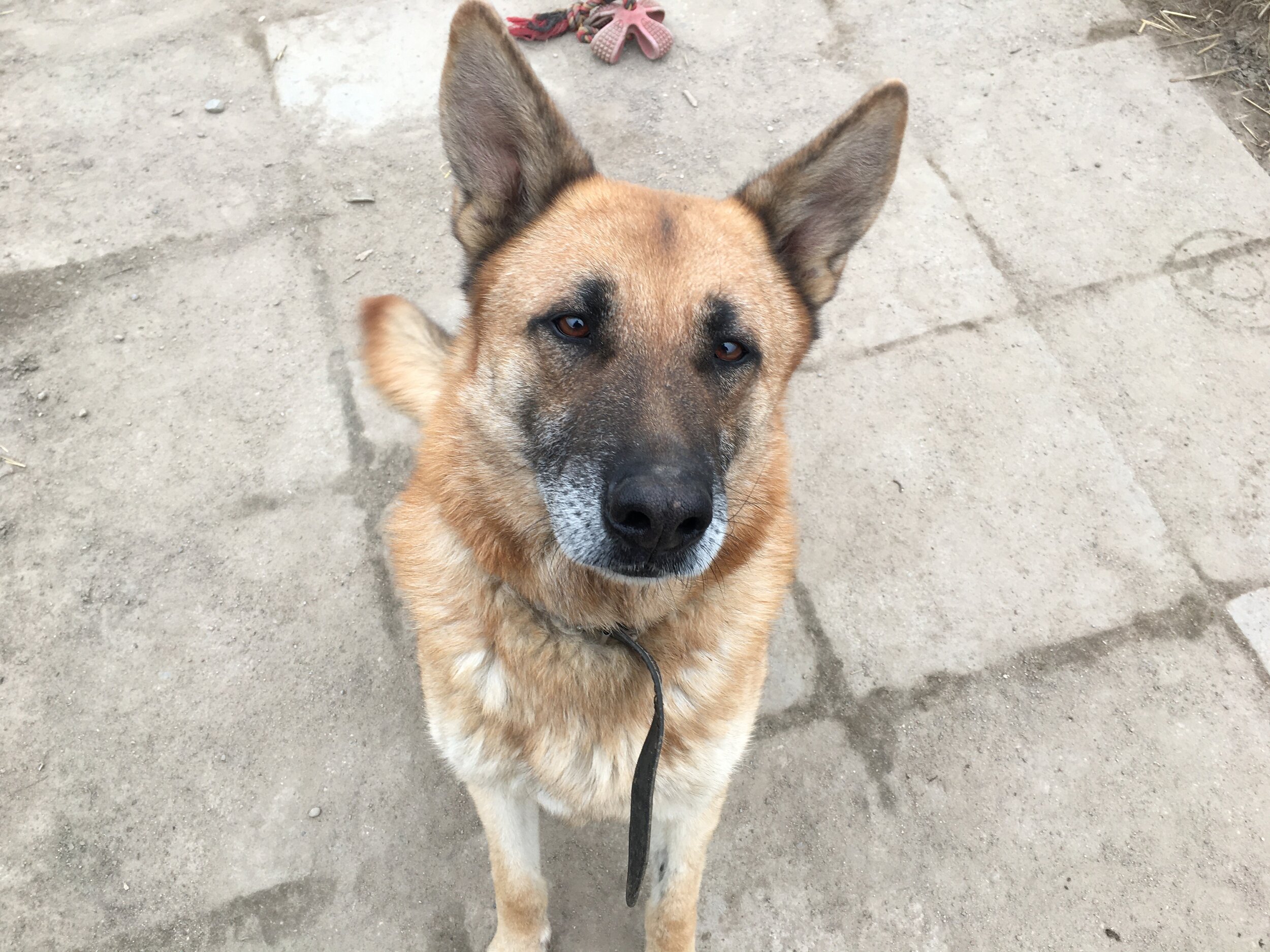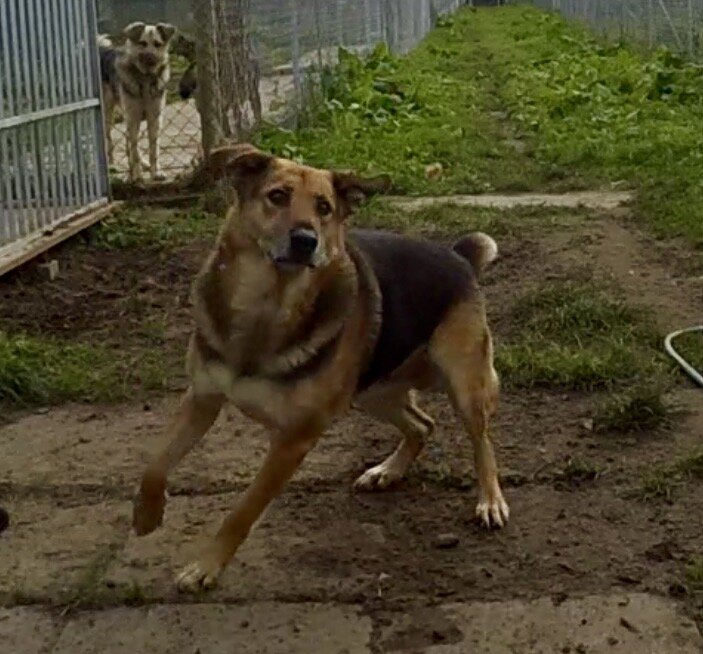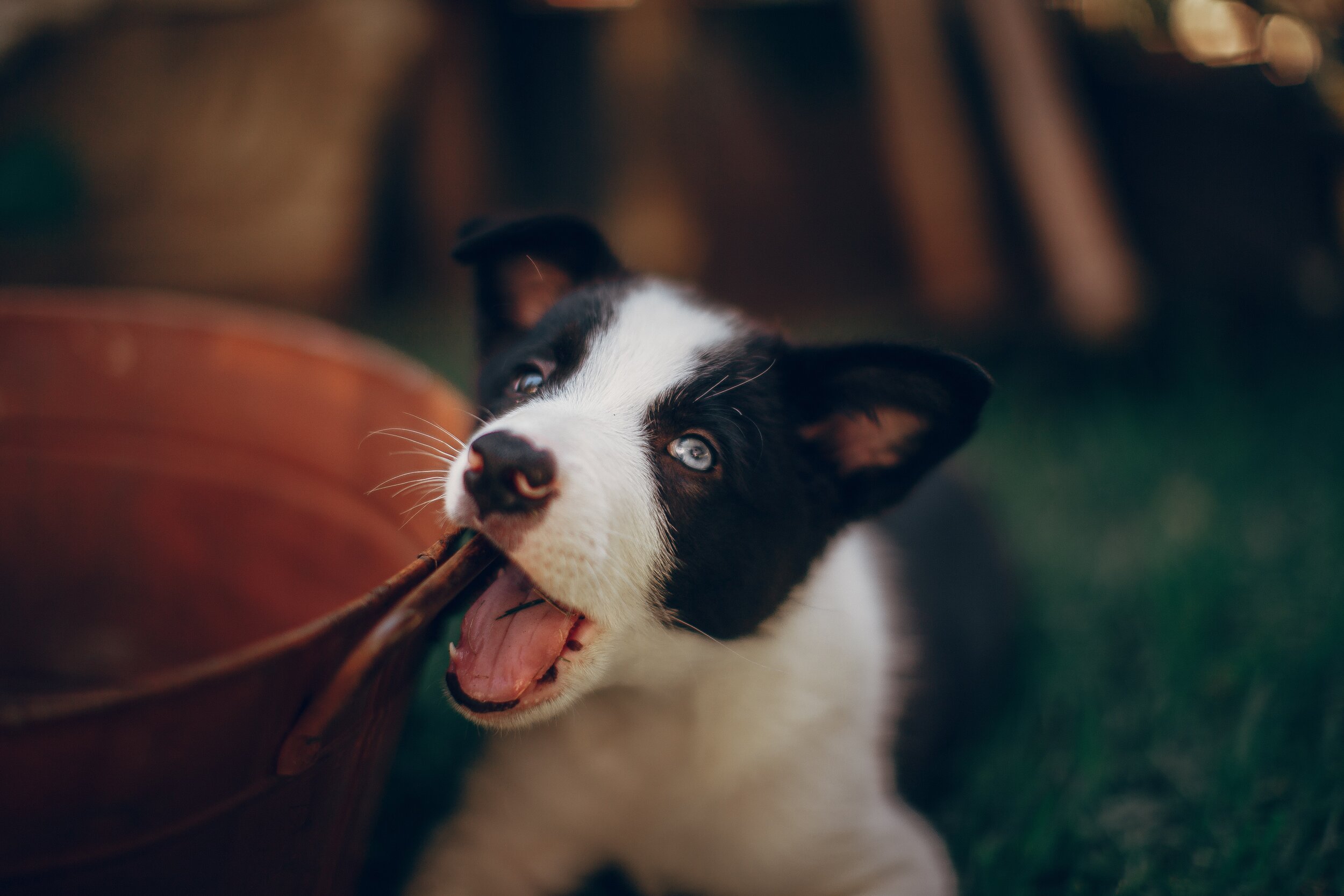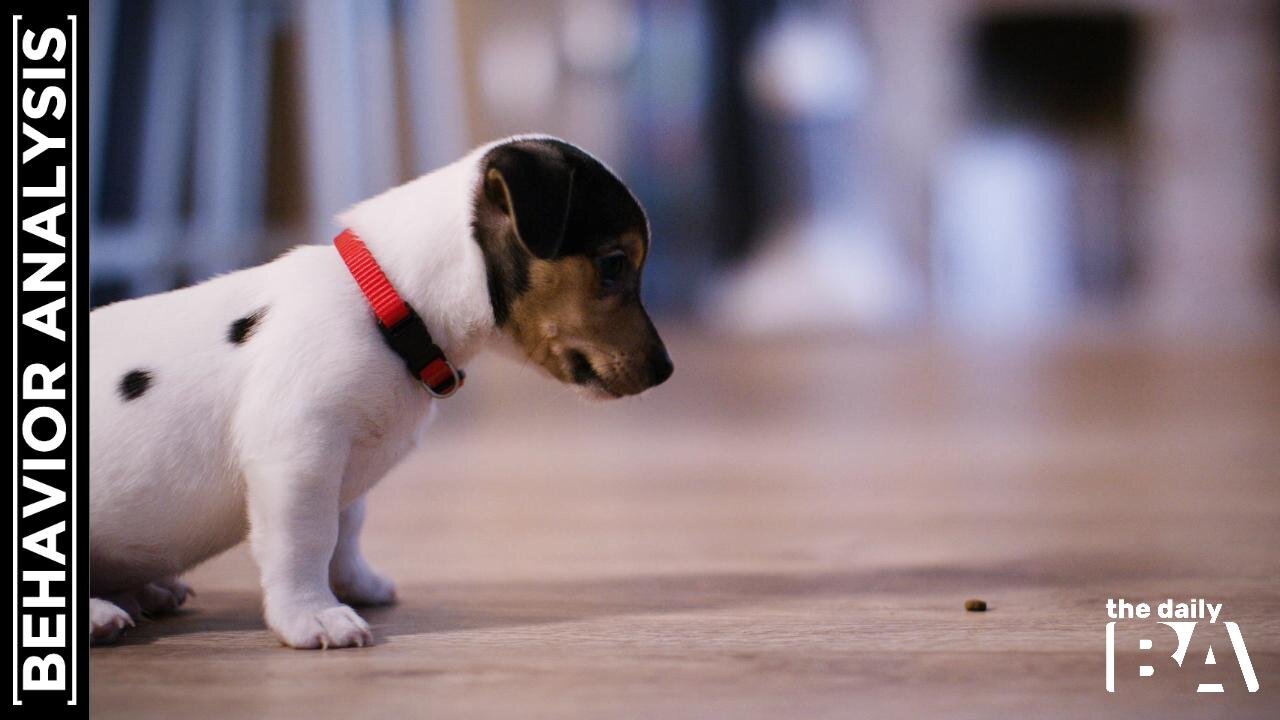What does science-based even mean?
I often say that my animal training is science-based but what does that even mean and why would that matter?
How can we use what we learn in dog training to our own behaviour?
From this blog, you can learn steps to train your dog a 'wait' or ‘stay’ cue but also how you can transfer/use what you learn to enhance your learning and to get better at creating new habits for yourself.
Negative reinforcement – are you using it unknowingly?
How often do we stop and think about the way we interact with others (including animals)? We raise our voices when we talk with people who we think don’t listen to us. We pull the leash on our dogs’ collars to make them come the other way. We laugh at people, we grin, we give nasty comments without ever thinking what effect it has on them. Even if something works, it doesn’t mean it can’t be improved.
Why is my dog doing this?
Why is my dog doing this? A question most dog guardians/caregivers/owners ask. What’s the most common answer dog trainers give? It depends.
Have you ever been grateful for fear in your life?
Changing behaviour changes your emotions around it. You can become more resilient with practice.
How trying a vegan diet helped me overcome my negative self-talk
Behaviour principles can be applied across the species. From animal training to personal development. Changing my behaviour changed the way I talk to myself. It can be applied to any new skill you would like to learn, I applied it to changing my diet. I’ve done it, you can do it too.
We are all individuals
Animals just as much as humans are individuals with their own set of preferences and biases. What works for one will have no effect on the other. We can influence a positive change in the behaviour of any individual but the approach needs to take the individuality into consideration.
What is 'ABC' in behaviour analysis and animal training?
I write about many things and it might seem chaotic. There is one thread in all of this. Behaviour. Behaviour is everywhere. No matter the species and situation. There are principles of behaviour that are being researched by the field of behaviour analysis. Let me shed some light on it.
The best way to create habits
Learning takes time. For us, humans and for the animals that we are teaching alike. While working with owners and their dogs, it’s not just the dog that needs to develop a new habit, it’s also the caregiver. When we expect too much from ourselves we can easily get discouraged. If you never used treats with your dog – it’s going to take time for you to build a habit around it. You might not see the change in your dog immediately but have you made the sustainable change in you first? It’s easy to blame the dog but for him creating a new habit can be equally challenging as it is for you.
Why dog is not a wolf in disguise
Dogs had years and years of evolution to become a different species from wolves. I find it unfair for both of the species to keep comparing them according to the leader of the pack belief. I will continue to provide content for everyone who loves to learn more and is not settling on the status quo.
Where you can learn about animal training (video)
Learning is a huge passion of mine. Learning about animal training is my two biggest passions coming together! I would love to inspire you to learn more and continue to grow. It's not always easy and there can be plenty of obstacles (time, money, lack of guidance). Fortunately, there are many resources to learn from (much more than mentioned in the video) and I hope you will be able to find a suitable one for your situation.

















Many times we don’t even bother trying to learn a new skill. We convince ourselves that it’s not for us. When what we could do is to find the first successive approximation and start learning through a fun and successful process.